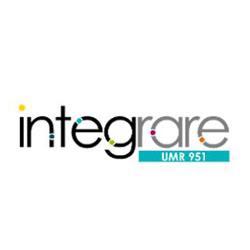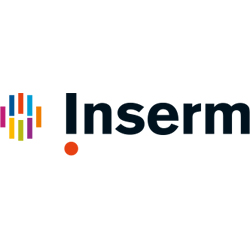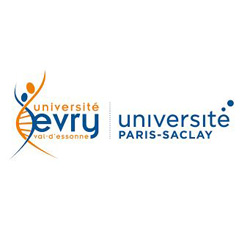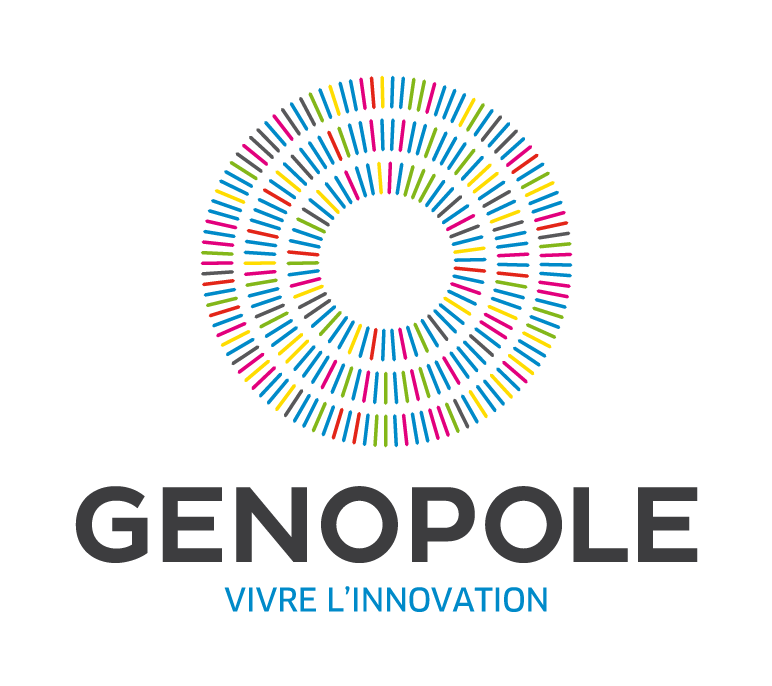In order to develop gene therapy treatments and take them from basic research to clinical trials, Genethon relies on a team of experts, including four research teams and four advanced technology platforms, working closely with the clinical development teams as well as with the technological and bioprocess development teams.
More than 200 people work on R&D at Genethon, including many researchers and scientific experts.
Four research teams, working in a mixed unit managed in partnership with Inserm and University Paris Saclay, work on Genethon’s areas of priority. Headed by Ana Buj-Bello, the “Integrated genetic approaches in therapeutic discovery for rare diseases” unit (Integrare), conducts high-level translational research on gene therapy for rare diseases, to provide a basic approach to areas of therapeutic and technological interest for Genethon.
Four high-performing technological platforms are there to support Genethon’s scientific teams.
The technological platforms
Neuromuscular diseases and gene therapy – Ana Buj-Bello
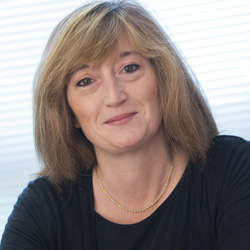
The team is focused on the development and evaluation of therapeutic strategies to correct genetic defects that may affect the neuromuscular system. It is working on congenital muscle disorders such as myotubular myopathy.
Find out more about the work of the Neuromuscular diseases and gene therapy team
Progressive dystrophies – Isabelle Richard
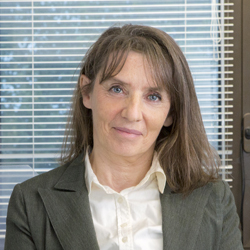
Isabelle Richard’s team works on muscular dystrophy. These progressive neuromuscular diseases are disabling, and sometimes fatal, without treatment to slow or halt progression of the disease.
Find out more about the work of the Progressive dystrophies team
Immunology and liver diseases – Giuseppe Ronzitti
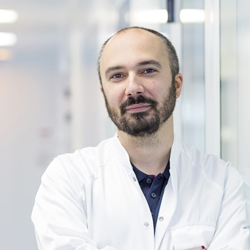
The Immunology and liver diseases team lends its technical and scientific expertise to work in vectorology, cellular biology and immunology to provide innovative therapeutic solutions to patients suffering from rare hereditary metabolic diseases. Its work ranges from proof of concept to clinical trials, and is focused in three particular areas.
Find out more about the work of the Immunology and liver diseases team
Gene editing – Mario Amendola
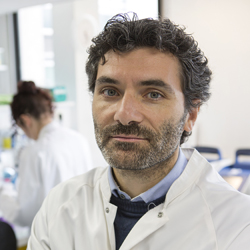
The team is looking at the development of effective and safe gene editing techniques, as well as traditional gene therapy approaches, to treat rare genetic diseases in vivo and ex vivo.
Bioinformatics platform – Mario Amendola
Bioinformatics is at the crossroads of biology and data analysis.
Thanks to computer programming, it allows the processing of massive data (DNA sequencing, RNA, genomics, omics disciplines interested in the global analysis of macromolecules within a cell or an organism) mass produced in laboratories.
The creation of a platform therefore meets a need at a time when the integration, analysis and interpretation of data now require specific resources both in terms of equipment and skills.
Imaging-cytometry platform (ImCy)- Daniel Stockholm
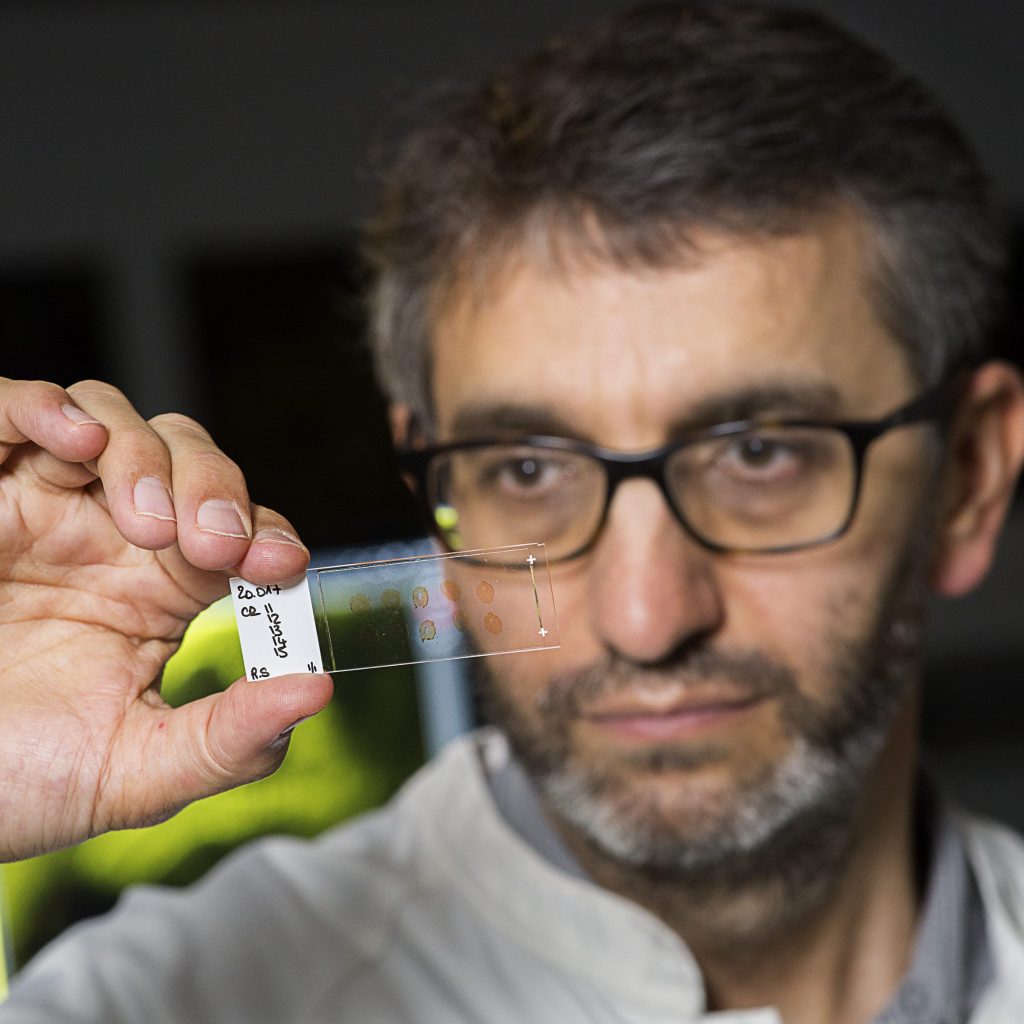
The mission of the ImCy facility is to provide imaging and flow cytometry technologies to support Genethon research. The facility, named Genopole, is also open to external users.
DNA bank – Safaa Saker
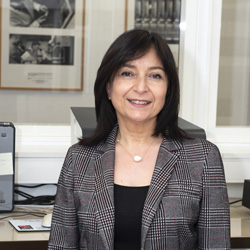
Since Genethon was founded in 1990, its DNA and Cell bank has provided the scientific community with the high-quality services of a cell and human products bank.
Europe’s leading bank for genetic diseases, it operates as a service to the entire medical and scientific community. It has been certified according to the AFNOR NF-900 standard, since June 2009.
Preclinical assessment platform – Nathalie Danièle
The preclinical assessment facility enables the evaluation of gene therapy treatments in animal models in compliance with regulatory and ethical procedures for research studies and preclinical studies.
The department is split into four teams.
- Bio-experimentation team that administers treatments and monitors animals under protocol.
- Functional exploration team that measures the effectiveness of treatments on muscle, respiratory and cardiac function.
- Histology-immunolabeling team that measures the effectiveness and tolerance of treatments on all aspects of the tissues.
- Molecular evaluation team that measures the molecular improvements related to treatments on all of the body’s tissues and fluids.

